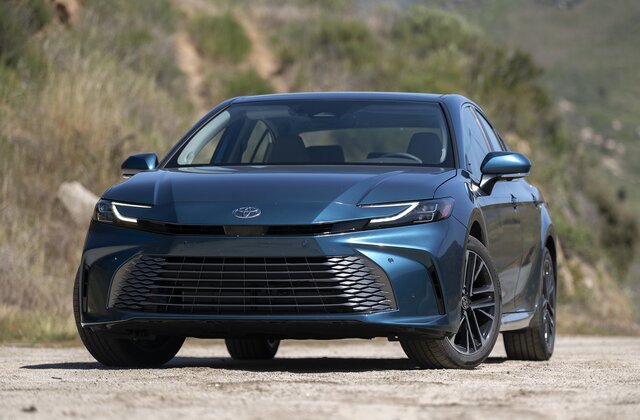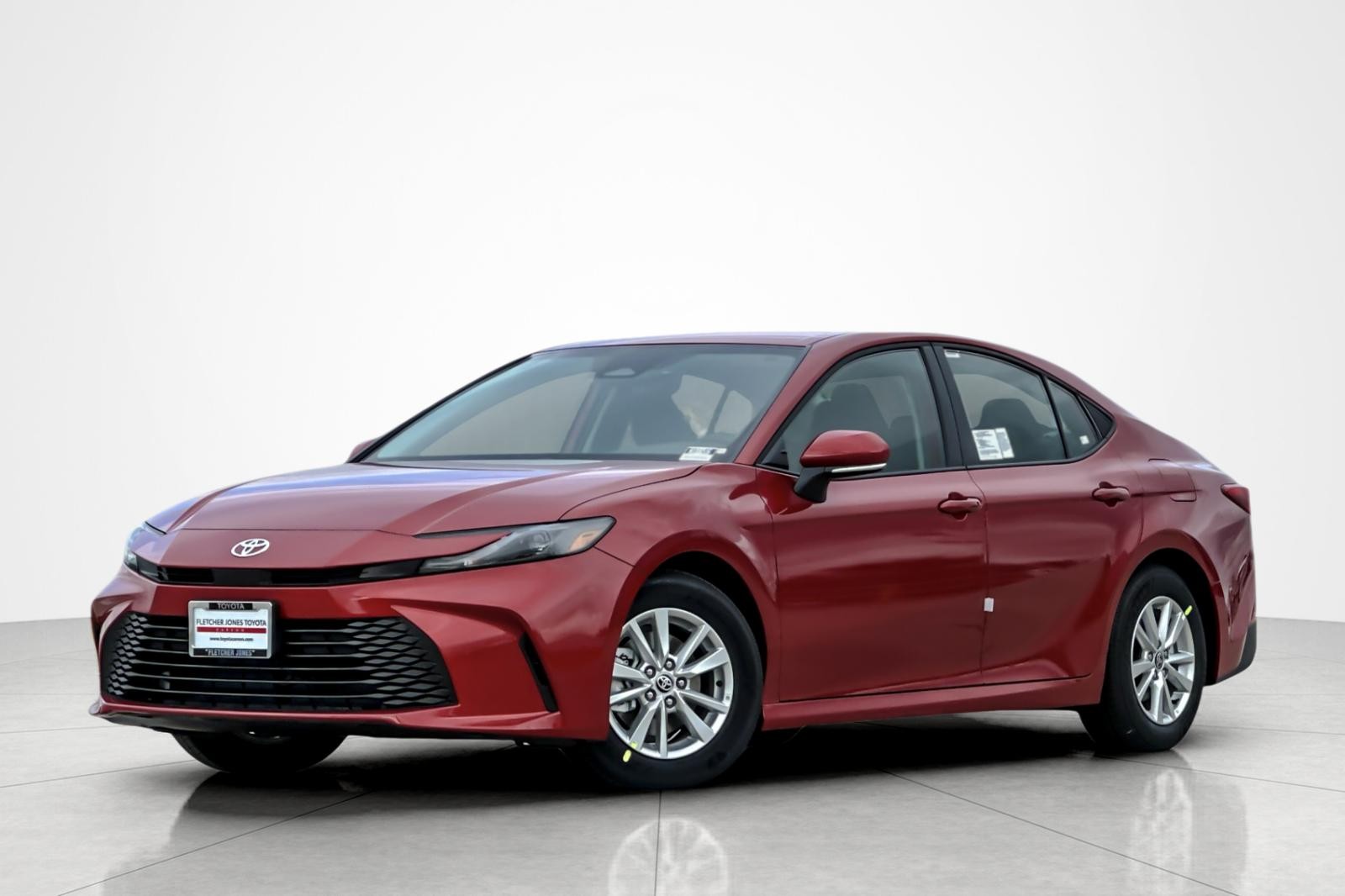The used car market is a dynamic and ever-evolving sector that is intricately tied to various economic factors. As we peer into the future, several key economic influences are set to shape the trajectory of this industry. From consumer behavior to global economic shifts, these factors play a pivotal role in determining the health and vitality of the used cars in richfield township.
1. Economic Recession and Consumer Confidence:
One of the primary factors influencing the used cars in richfield townshipis the overall state of the economy. During times of economic recession, consumers tend to tighten their budgets, leading to a surge in demand for used cars over new ones. The cost savings associated with purchasing a used vehicle become more attractive, as consumers seek reliable transportation without breaking the bank. The inverse is true during economic upswings when consumers may feel more confident in investing in new cars.
2. Technological Advancements:
Advancements in automotive technology have a profound impact on the used car market. As newer, more technologically advanced vehicles enter the market, older models become obsolete. This can lead to a decrease in demand for older used cars that lack the latest safety features, connectivity options, and fuel efficiency. Consequently, dealers must adapt their offerings to align with consumer preferences, incorporating modern features into their used car inventory.
3. Environmental Concerns and Fuel Efficiency:
The global push toward sustainability and environmental consciousness is altering consumer preferences in the automotive industry. With increasing awareness of carbon footprints and a growing emphasis on fuel efficiency, the demand for used cars that are eco-friendly is on the rise. Hybrid and electric vehicles, once considered a niche market, are gaining popularity in the used car sector as consumers seek environmentally responsible options.

4. Supply Chain Disruptions and Vehicle Prices:
The used car market is not immune to the effects of supply chain disruptions, a phenomenon that gained prominence in the wake of the COVID-19 pandemic. Shortages of new cars due to manufacturing delays can result in an increased demand for used cars, driving up prices. Additionally, disruptions in the supply chain for essential components may lead to increased maintenance costs for older vehicles, impacting their market value.
5. Financing Options and Interest Rates:
Access to financing plays a crucial role in the used car market. Fluctuations in interest rates and changes in lending practices can significantly impact consumers’ purchasing power. Higher interest rates may deter buyers, while lower rates can stimulate demand. Dealerships and financial institutions must closely monitor these economic indicators to adapt their financing options accordingly.
Conclusion
The future of the used car market is intricately woven into the fabric of the global economy. Economic recessions, technological advancements, environmental concerns, supply chain disruptions, and financing options collectively shape the landscape of this industry. As stakeholders navigate the road ahead, a nuanced understanding of these key economic factors will be essential for staying resilient and responsive to the ever-changing dynamics of the used car market.




